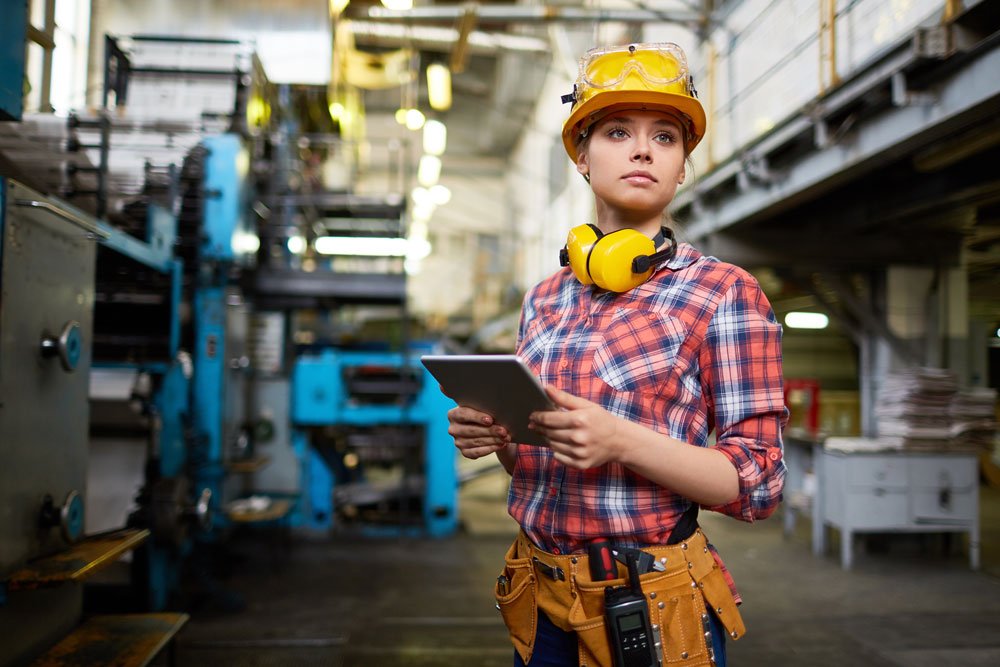Each year, Women in Construction Week shines a spotlight on the important contributions of women to the construction industry. The event, which began on March 5th this year, is an opportunity to recognise the achievements of women in construction and to promote greater gender inclusivity in the field. In this blog post, we’ll explore the history of women in construction, the challenges they face, and the ways in which they are breaking barriers and building a stronger industry.
The History of Women in Construction
Despite being underrepresented in the construction industry, women have a long history of contributing to building projects. During World War II, for example, they played a crucial role in constructing airplanes, ships, and other essential infrastructure. In the decades since then, women have continued to make important contributions to the construction industry, from designing buildings to managing construction sites.
Overcoming Gender Bias
Despite some progress, women continue to face significant challenges in the construction industry. Sexism and discrimination from co-workers and managers are still a pervasive problem for many women in the field. Women may be subjected to derogatory comments, unequal pay, or even harassment. These experiences can be isolating and demoralising and can make it difficult for women to feel valued and respected in their work.
Moreover, women in construction often lack representation at higher levels. According to a report by the National Association of Women in Construction (NAWIC), women make up only 9% of the construction industry workforce, and even fewer occupy leadership positions. This lack of representation can create a sense of exclusion and limit opportunities for advancement.

These challenges can have a significant impact on the well-being and career trajectories of women in construction. However, by recognising and addressing these issues, we can work towards creating a more inclusive and equitable industry that benefits everyone.
Breaking Barriers: The Importance of Diversity
Despite these challenges, many women are breaking barriers and paving the way for future generations of female construction workers. Women are starting their own construction companies, becoming project managers, and serving in leadership positions. They are also advocating for greater gender diversity in the industry and pushing for change to address the challenges women face.
Having more women and underrepresented groups in construction is not only the right thing to do – it’s also good for business. Diversity brings new perspectives and ideas to the table, which can lead to innovation and better problem-solving. Moreover, companies with more diverse teams are more likely to attract top talent and have higher employee retention rates.

Supporting Women in Construction
Women in Construction Week is an opportunity to recognise the contributions of women in the construction industry and to advocate for greater gender diversity in the field. By supporting women in construction, we can help build a stronger, more inclusive industry that benefits everyone.
There are various steps that both individuals and companies can take to do this. These might include mentoring women and advocating for greater gender diversity in hiring and promotion. Companies can also prioritise workplace safety and ensure that all workers have access to comprehensive health assessments and customised health and safety solutions.

At Healthscreen, we’re committed to supporting all workers in the construction industry. From conducting comprehensive health assessments to providing customised health and safety solutions, our team is here to help ensure that every worker – regardless of gender – has the support they need to thrive. Contact us to learn more about our occupational health services and how we can help keep your team safe and healthy.






